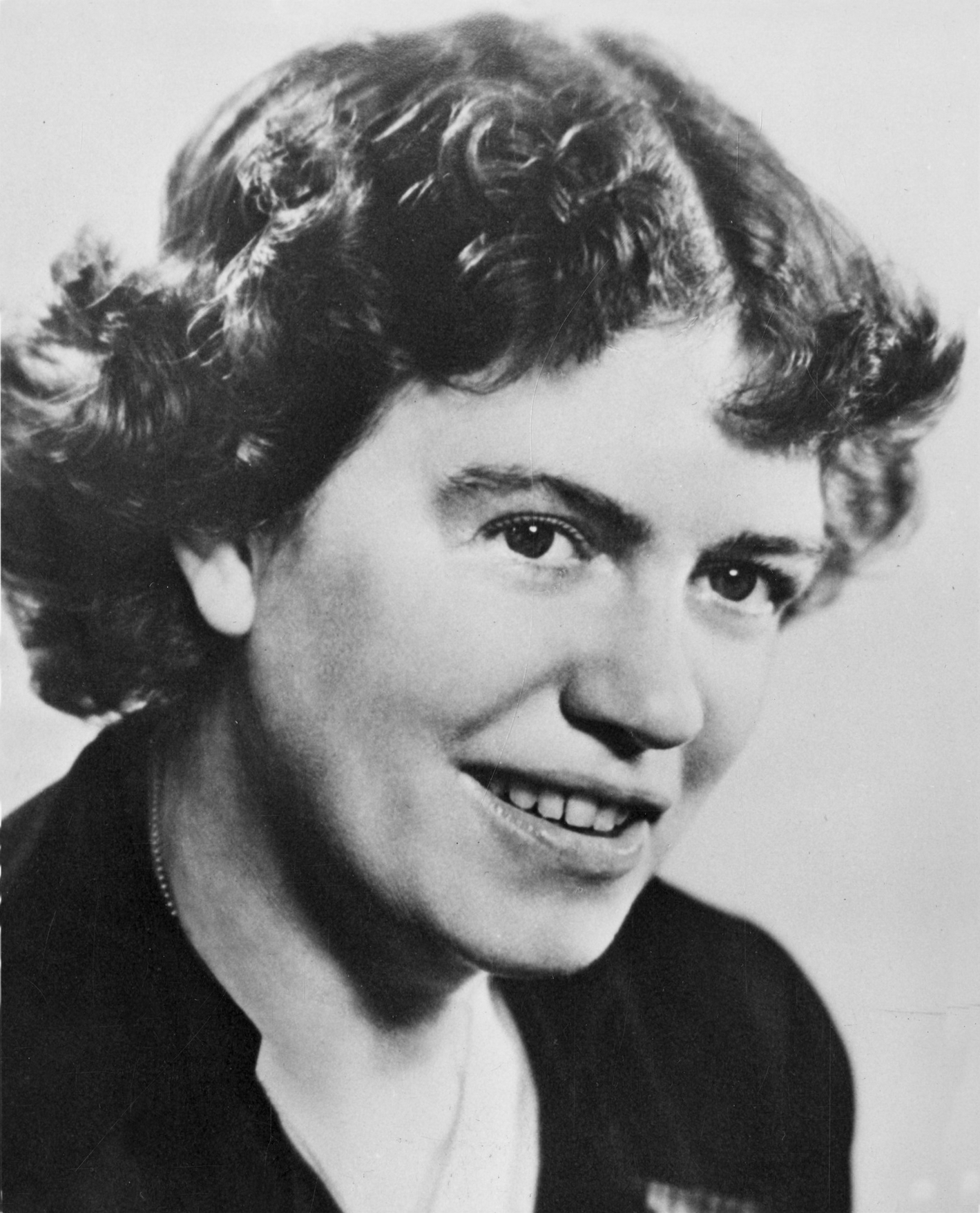Margaret Mead najznámejšie citáty
Margaret Mead: Citáty v angličtine
"An Anthropologist Looks at the Teacher's Role" http://varenne.tc.columbia.edu/bib/texts/med00marg42anthlook.html, in Educational Method, Vol 21, (1942) p. 219-223
1940s
Zdroj: 1930s, Sex and Temperament in Three Primitive Societies (1935), p. 321
As quoted in Familiar Medical Quotations (1968) by Maurice Benjamin Strauss, p. 288
1960s
Zdroj: 1970s, Margaret Mead: Some Personal Views (1979), p. 71
“I do not believe in using women in combat, because females are too fierce.”
As quoted in Quote Unquote (1977) by Lloyd Cory, p. 364
1970s
Zdroj: 1940s, Male and Female (1949), p. 4-5
Zdroj: 1930s, Sex and Temperament in Three Primitive Societies (1935), p. 280, cited in Perspectives in Cultural Anthropology (1987) by Herbert A. Applebaum, p. 141
Zdroj: 1930s, Growing Up in New Guinea (1930), p. 696, as cited in Social Cognitive Psychology: History and Current Domains (1997), David F. Barone, James E. Maddux, Charles R. Snyder . p. 20
"Remarks about the Military Draft" (June 1968) in Margaret Mead, Some Personal Views (1979), edited by Rhoda Metraux, pp. 35–36
1960s
Zdroj: 1940s, Male and Female (1949), p. 181
Zdroj: 1940s, Male and Female (1949), p. 168-169, as cited in F. Carolyn Graglia (1998) Domestic Tranquility: A brief against Feminism.
Zdroj: 1970s, Margaret Mead: Some Personal Views (1979), p. 118
"Cybernetics of Cybernetics" in Purposive Systems : Proceedings of the First Annual Symposium American Society for Cybernetics (1967) edited by Heinz von Foerster, p. 2; also quoted in " Ethics and Second-Order Cybernetics http://ada.evergreen.edu/~arunc/texts/cybernetics/heinz/ethics.pdf" (1991) by Heinz von Foerster
1960s
Zdroj: 1940s, Male and Female (1949), p. 1; Start of first chapter entitled "The Significance of the Questions We Ask"
Zdroj: 1930s, Sex and Temperament in Three Primitive Societies (1935), p. 321
Zdroj: 1920s, Coming of Age in Samoa (1928), p. 147-148
“To cherish the life of the world.”
Epitaph, as quoted in Margaret Mead : A Voice for the Century (1982) by Robert Cassidy, p. 152
1980s
“p. 14-15 as cited in: Theodore Schwartz (1979) Socialization As Cultural Communication.”
Zdroj: 1970s, Culture and commitment, 1970, p. 14-15
Zdroj: 1940s, And Keep Your Powder Dry: An Anthropologist Looks at America (1942), p. 234—235; cited in Portraits Of Industry (2004) by Lorie A. Annarella, p. 5
“Everything is grist for anthropology's mill.”
As quoted in Margaret Mead: A Life (1984) by Jane Howard, Ch. 21, p. 319
1980s
Zdroj: 1920s, Coming of Age in Samoa (1928), p. 161
“We women are doing pretty well. We're almost back to where we were in the twenties.”
1976
As quoted in Margaret Mead: A Life (1984) by Jane Howard, p. 362
1970s
Attributed in Educational Psychology (2000) by Anita E. Woolfolk, p. 212
2000s
Radio excerpt presented by Voice of America (17 January 2010) http://learningenglish.voanews.com/content/margaret-mead-1901-1978-one-of-the-most-famous-anthropologists-in-the-world-124869344/112571.html
2000s
Attributed inBright Words for Dark Days: Meditations for Women Who Get the Blues (1994) by Caroline Adams Miller, p. 10
1990s
“The ability to learn is older — as it is also more widespread — than is the ability to teach.”
Zdroj: 1960s, Continuities in Cultural Evolution (1964), p. 44
Attributed in The New Quotable Woman (1993) by Elaine Partnow, p. 331
1990s
“I think extreme heterosexuality is a perversion.”
Attributed in Open Minds: Exploring Global Issues Through Reading and Discussion (1996) by Steven Widdows and Peter Voller, p. 69
1990s
Zdroj: 1940s, Male and Female (1949), p. 286, with bracket text from: Mary Ann Lamanna, Agnes Czerwinski Riedmann, Agnes Riedmann [2006] Marriages & Families: Making Choices and Facing Change. p. 191
Cited in: Justin Wintle (2002) Makers of Modern Culture. Vol. 1, p. 350
1970s, Blackberry Winter, 1972
